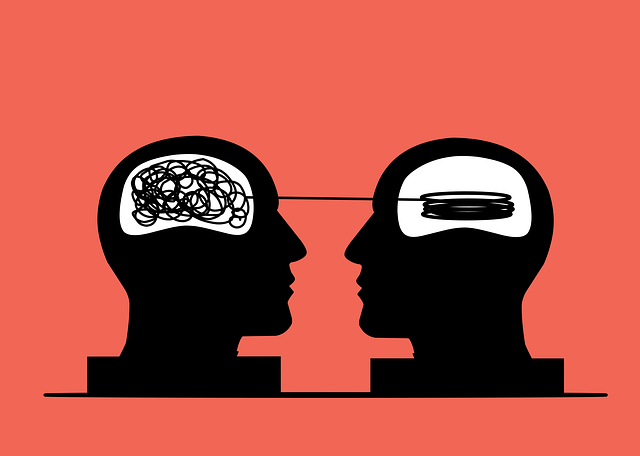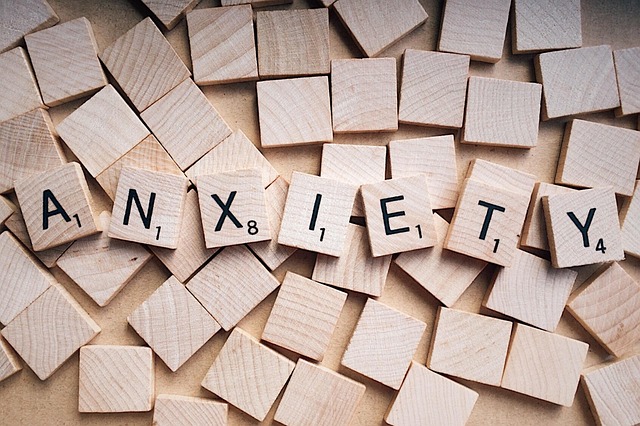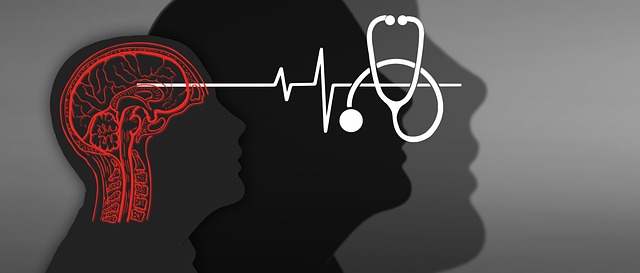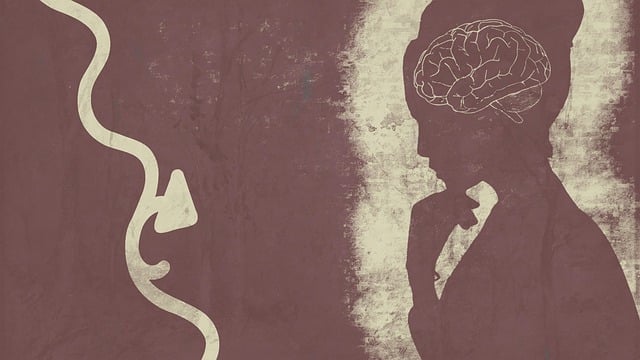Burnout among healthcare providers managing therapy for young adults with chronic pain is a growing concern impacting patient care. Recognizing signs like emotional exhaustion, cynicism, and detachment is vital. Prevention strategies include prioritizing self-care, fostering open communication, implementing team-building activities, promoting cultural competency training, encouraging peer support, and integrating mental health education. Effective self-care practices, such as mindfulness meditation and yoga, create safer spaces for patients while enhancing resilience and preventing burnout. Professional development through specialized training, workshops, mentorship programs, and feedback mechanisms further combat burnout, ultimately improving the quality of therapy for young adults chronic pain treatment.
“Healthcare provider burnout is a growing concern, impacting not just individuals but the overall quality of patient care. This comprehensive guide explores effective prevention strategies to combat this rising issue. We delve into the root causes and signs of burnout among healthcare professionals, emphasizing the significance of a supportive work environment.
Through practical tips, we discuss self-care practices tailored for optimal mental and physical well-being, highlighting their role in resilience building. Additionally, we explore professional development and feedback mechanisms fostering growth, ensuring healthcare providers are equipped to handle challenges, including chronic pain management in young adults.”
- Understanding Burnout Among Healthcare Providers: Recognizing the Signs and Causes
- Creating a Supportive Work Environment: Strategies for Prevention
- Incorporating Self-Care Practices: Prioritizing Mental and Physical Well-being
- Professional Development and Feedback: Nurturing Growth and Resilience
Understanding Burnout Among Healthcare Providers: Recognizing the Signs and Causes

Healthcare provider burnout is a growing concern, impacting not just individual practitioners but also the quality of patient care. Recognizing and understanding burnout among healthcare providers is the first step in implementing effective prevention strategies. Burnout often manifests as emotional exhaustion, cynicism, and detachment from work, along with feelings of ineffectiveness and lack of personal accomplishment. These signs can be particularly prevalent in professions like chronic pain management for young adults, where intense emotional engagement and specialized therapy are integral parts of treatment.
The causes of burnout are multifaceted, encompassing factors such as heavy workload, lack of control over work environments, and insufficient rewards or recognition. In the context of therapy for young adults with chronic pain, healthcare providers may face additional challenges, including dealing with complex patient cases, managing medication side effects, and navigating the emotional landscape of their patients’ struggles. Public awareness campaigns that highlight these issues can foster a supportive environment, while cultivating emotional intelligence among healthcare professionals has been shown to mitigate burnout by enhancing coping mechanisms and improving interpersonal interactions. Mind over matter principles—encouraging providers to prioritize self-care and mental health—are also gaining traction as valuable tools in the fight against burnout.
Creating a Supportive Work Environment: Strategies for Prevention

Creating a supportive work environment is a pivotal strategy to prevent burnout among healthcare providers, especially those managing young adults with chronic pain. This involves fostering an atmosphere that prioritizes mental well-being and encourages open communication. Implementing regular team-building activities and providing access to counseling services can significantly boost morale and reduce stress levels. Healthcare facilities should also promote cultural competency training, ensuring staff members are equipped to handle diverse patient populations with empathy and understanding.
Additionally, self-esteem improvement initiatives can be life-changing for overworked providers. Encouraging peer support, recognizing achievements, and providing opportunities for professional development can enhance self-belief and job satisfaction. Effective communication strategies are also vital; clear channels of communication between staff, patients, and their families can alleviate misunderstandings and reduce the emotional toll often associated with healthcare provision.
Incorporating Self-Care Practices: Prioritizing Mental and Physical Well-being

Incorporating self-care practices is an essential strategy to combat burnout among healthcare providers, particularly those treating young adults with chronic pain. Beyond meeting the immediate medical needs of patients, healthcare workers must prioritize their mental and physical well-being. This includes adopting stress reduction methods tailored to their unique challenges, such as mindfulness meditation or yoga, which have been proven effective in managing occupational stress. Additionally, fostering cultural sensitivity in mental healthcare practice can create safer spaces for patients, reducing the emotional burden on caregivers.
By integrating self-care into their routines, healthcare providers can enhance their resilience and better support others. This holistic approach acknowledges that emotional healing processes are as vital as physical treatments. Whether through individual therapy for chronic pain management or group sessions focusing on stress reduction, these practices empower professionals to maintain balance, prevent exhaustion, and ultimately deliver higher-quality care.
Professional Development and Feedback: Nurturing Growth and Resilience

Professional development is a vital tool to prevent burnout among healthcare providers, especially those supporting young adults with chronic pain. Encouraging ongoing learning through specialized training, workshops, and mentorship programs allows medical professionals to enhance their skills and stay abreast of the latest research and therapies for chronic pain management. This continuous education fosters growth in treating complex cases, thereby boosting resilience against burnout.
Feedback mechanisms play a complementary role in burnout prevention. Implementing systems for regular feedback sessions, whether through peer review, patient satisfaction surveys, or formal performance evaluations, enables healthcare providers to reflect on their practice. Constructive feedback not only identifies areas of improvement but also strengthens self-esteem and confidence, crucial factors in managing stress and preventing burnout. Integrating mental health education programs designed with these considerations in mind can empower healthcare workers to better manage their own well-being alongside providing superior care for young adults experiencing chronic pain.
Healthcare provider burnout is a pressing issue, but with proactive strategies, it can be effectively prevented. By fostering a supportive work environment, prioritizing self-care, encouraging professional development, and providing constructive feedback, healthcare organizations can enhance well-being and resilience among their staff. These measures are essential to ensure quality patient care and prevent conditions like therapy for young adults chronic pain from exacerbating. Implementing these strategies requires a collective effort, but the benefits to both providers and patients are invaluable.











